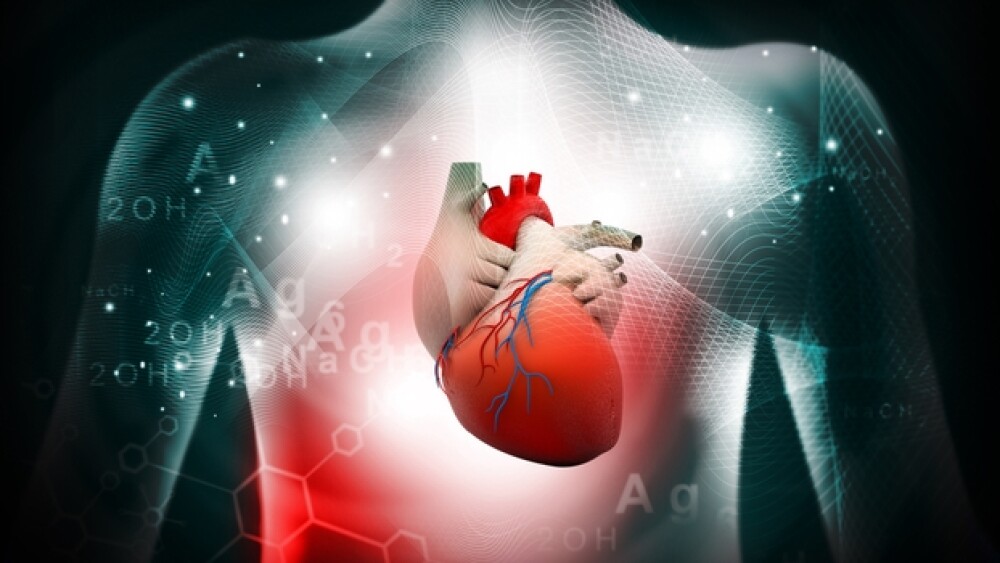Scientists from the University of Pennsylvania developed a new approach to address fibrosis, a leading cause of heart disease.
Scientists from the University of Pennsylvania developed a new approach to address fibrosis, a leading cause of heart disease.
The researchers re-engineered chimeric antigen receptor (CAR) T cells in vivo and injected CD5-targeted lipid nanoparticles (LNPs) into a mouse model with heart failure. The LNPs contained messenger RNA instructions to reprogram T lymphocytes, which enabled the scientists to generate the CAR T cells entirely inside the body.
Analysis of the mouse trial showed success in restoring cardiac function and reducing fibrosis. This discovery is valuable as it could lead to a number of therapeutic applications in the future, with further research into the mechanism and, ultimately, its impact on humans. In addition, CAR T is a highly expensive treatment due to its personalized nature. By working in vivo, this new approach makes the therapy scalable, enabling the same generic approach to everyone with the disease.
“The generation of engineered T cells in vivo using mRNA is attractive for certain disorders because the transient nature of the produced CAR T cells is likely to limit toxicities, including risks incurred by lymphodepletion before injection, and allow for precise dosing,” said the scientists in their published in the journal Science.
“Unlike patients with cancer, those suffering from fibrotic disorders may not require a complete elimination of pathologic cells (activated fibroblasts) but may symptomatically benefit from an overall reduction in burden of disease. Furthermore, targeted LNP/mRNA technology affords the advantageous ability to titrate dosing and to re-dose as needed,” they added.
Cardiac fibrosis is central to the pathology of heart failure. It is characterized by the stiffening and scarring of heart tissue and affects the lungs and the lymph glands between them. It is fatal, and fibrotic diseases lead to over 800,000 deaths worldwide per year.
The scientists still have a long way to go with human trials but they are optimistic that the next step of testing the procedure in larger mammals, which will likely happen in the next two years, would also yield favorable results.
The research team consisted of scientists Jonathan A. Epstein, Joel Rurik, Istvan Tombacz, Amir Yadegari, Pedro Mendez Fernandez, Swapnil Shewale, Li Li, Toru Kimura, Ousamah Soliman, Tyler Papp and nine others.
Funding for this program was provided through grants from the National Institutes of Health (NIH), the Penn Center for AIDS Research (CFAR), the Cotswold Foundation, and a W.W. Smith endowed chair to Jonathan Epstein.





